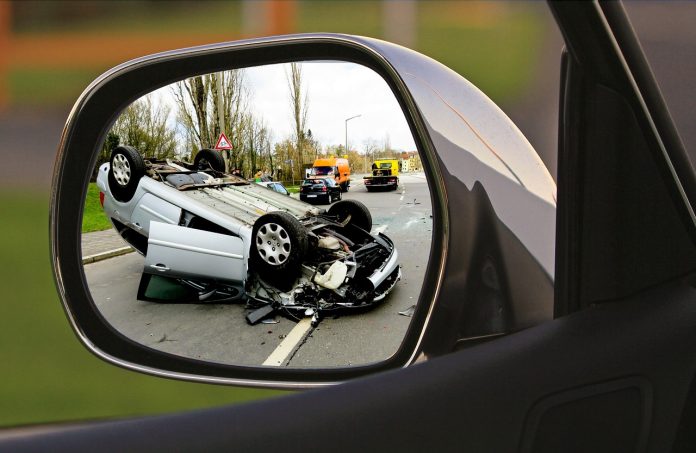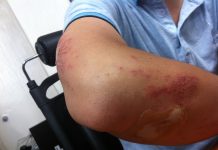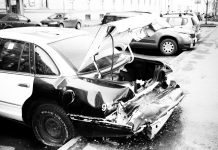
Boardwalks are a quintessential aspect of coastal experiences, offering scenic views, entertainment, and a sense of relaxation. However, while these walkways provide endless enjoyment, they also pose potential hazards that can lead to serious accidents. Ensuring safety on boardwalks is paramount, and understanding the legal recourse available in case of an accident is equally important. This article delves into the intricacies of boardwalk safety and the legal steps one can take following an unfortunate incident.
The Allure and Hazards of Boardwalks
Boardwalks attract millions of visitors annually, thanks to their picturesque setting and numerous recreational opportunities. From roller coasters to quaint shops, there’s something for everyone. However, the very elements that make boardwalks appealing can also contribute to accidents.
Common hazards include slippery surfaces, uneven boards, and crowded spaces. Weather conditions such as rain, snow, or even sea spray can make the boardwalk treacherous. Additionally, poor maintenance can lead to loose or broken boards, increasing the risk of trips and falls.
Common Types of Boardwalk Accidents
Boardwalk accidents can range from minor injuries to severe, life-changing events. Some of the most common types include:
- Slips and Falls: Perhaps the most prevalent type of accident, slips and falls can occur due to wet or icy surfaces, uneven boards, or debris.
- Collisions: With so many people in one place, collisions are inevitable. These can happen between pedestrians, cyclists, or even with vehicles allowed on certain parts of the boardwalk.
- Object-Related Injuries: From falling signs to broken benches, there are numerous objects that can cause injury on a boardwalk.
- Water-Related Accidents: Given the proximity to the ocean, incidents involving water, such as drowning or near-drowning, are also a concern.
Preventative Measures for Boardwalk Safety
Ensuring safety on boardwalks is a shared responsibility between the authorities managing the walkways and the visitors who frequent them.
Role of Authorities
Authorities play a crucial role in maintaining boardwalk safety. They must conduct regular inspections to identify and rectify potential hazards. This includes checking for damaged boards, ensuring adequate lighting, and managing crowd control. Seasonal changes require special attention, as winter conditions can make the boardwalk particularly dangerous.
Furthermore, clear signage indicating potential hazards, such as “Caution: Slippery When Wet,” can go a long way in preventing accidents. Authorities should also ensure that emergency services are readily accessible and that there are designated first-aid stations along the boardwalk.
Visitor Responsibility
Visitors also have a part to play in ensuring their own safety and that of others. Paying attention to surroundings, adhering to posted warnings, and avoiding risky behavior can significantly reduce the chance of an accident. Simple actions like wearing appropriate footwear and supervising children can make a big difference.
Legal Recourse for Boardwalk Accidents
Despite the best preventive measures, accidents can and do happen. When they do, understanding the legal recourse available is crucial for affected individuals.
Proving Negligence
One of the primary legal concepts in boardwalk accident cases is negligence. To successfully claim compensation, the injured party must prove that the boardwalk’s managing authority or a third party was negligent. This involves demonstrating that the responsible party failed to take reasonable steps to ensure safety, and this failure directly resulted in the accident.
Evidence such as photographs of the hazardous condition, medical reports, and witness statements can be invaluable in proving negligence. Additionally, expert testimony may be required to establish that the hazard was foreseeable and that reasonable steps could have been taken to prevent it.
Types of Compensation
Victims of boardwalk accidents may be entitled to various types of compensation, including:
- Medical Expenses: Covering both immediate and long-term medical costs.
- Lost Wages: Compensating for income lost due to the inability to work following the accident.
- Pain and Suffering: A subjective measure that accounts for physical discomfort and emotional distress.
- Punitive Damages: In cases of gross negligence, the court may award punitive damages to punish the responsible party and deter future negligence.
Importance of Legal Representation
Navigating the legal landscape following a boardwalk accident can be complex and overwhelming. This is where specialized legal representation becomes invaluable. A dedicated Boardwalk Slip and Fall Attorney can provide expert guidance, helping victims understand their rights and pursue the compensation they deserve.
These attorneys specialize in premises liability cases and have a deep understanding of the specific laws and regulations governing boardwalks. They can assist in gathering evidence, negotiating with insurance companies, and representing clients in court if necessary.
Conclusion
Boardwalks offer a unique blend of natural beauty and recreational opportunities, but they also come with inherent risks. Ensuring safety on these walkways is a shared responsibility that requires vigilance and proactive measures from both authorities and visitors. However, when accidents occur, understanding the available legal recourse is vital.
Victims of boardwalk accidents should not have to bear the financial and emotional burden alone. With the right legal representation, they can pursue compensation and hold responsible parties accountable. By taking these steps, we can all contribute to making boardwalks safer and more enjoyable for everyone.






